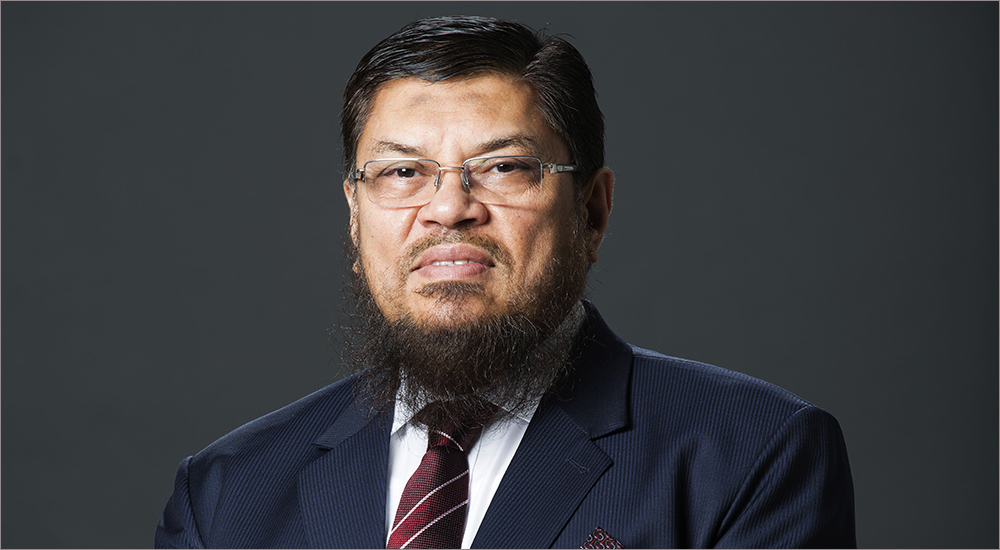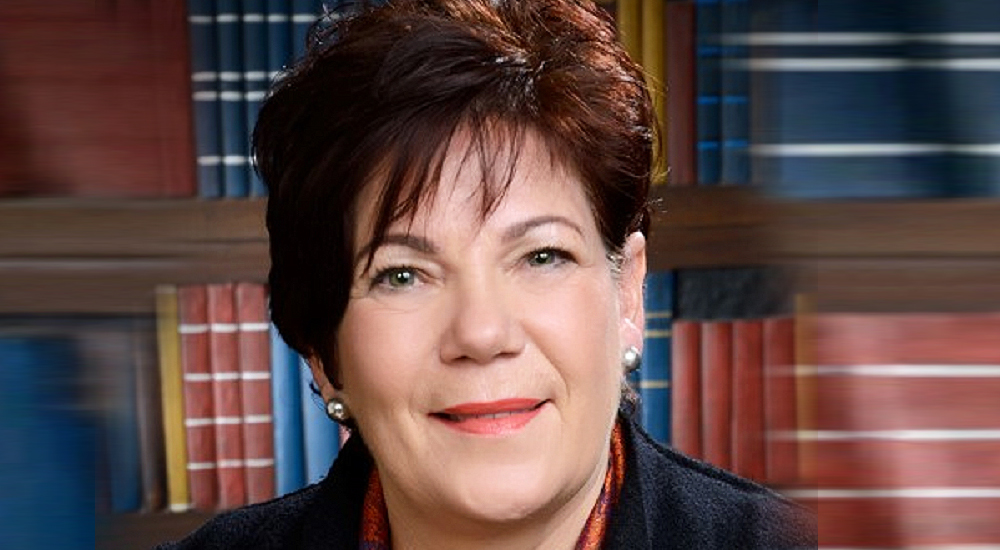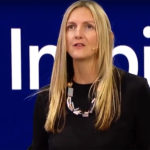Transforming the supply chain of Abdul Latif Jameel Motors

South Africa based Britehouse, specialists in advanced supply chain and manufacturing industry solutions, recently completed the roll out of a large-scale, SAP based, automotive digitisation project. The Britehouse team were deployed primarily from South Africa to implement an SAP digital solution for automotive distributor Abdul Latif Jameel Motors.
Abdul Latif Jameel Motors is the largest distributor of Toyota and Lexus vehicles in Saudi Arabia, and one of the largest distributors for Toyota globally. The solution enables the company to view their supply chain in terms of vehicles sales, vehicle logistics as well as after sales space, reducing customer waiting time and increasing the ability to provide service for clients
The Britehouse team was asked to come on board, taking over a large-scale complex project, when Abdul Latif Jameel Motors realised the scope of the project had outgrown the capabilities of the original service integration partner. As one of Southern Africa’s largest SAP Partners, with over 750 SAP specialist consultants and ability to deliver complex SAP solutions into large enterprise organisations, Britehouse was identified as the new partner to take over the project.
The design of the solution, called the business blueprint, was completed by the time Britehouse came on board. However, the design had to be reviewed as new functionality had become available since the inception of the programme in 2014. The new solution was configured and developed using the SAP software. The next phase was to obtain user acceptance, and the training of all end-users, across Saudi Arabia.
Elma Potgieter, Britehouse’s Regional Executive, Middle East explains, “Britehouse was the only company that could offer the entire solution from an SAP functional and technical scope, and within the fixed price contract. We were awarded the contract in August 2016. In September, the project started with a team of 28 Britehouse consultants, which grew to a total of 141 consultants, this included 51 consultants that supported the project remotely from South Africa. We successfully completed the project in August 2018 and are still providing remote support to the company from South Africa,” said Potgieter.
Britehouse had a strong organisational change management team on board, ensuring adoption of the new solution, after many years of users operating on a legacy system. Being responsible for overall programme management, the structure consisted of a programme director and six project managers, each one responsible for a specific stream of functionality, including finance, human capital management, vehicles, after sales training and the technical stream.
Britehouse followed a three-in-the-box approach, comprising of full time and complementing project members from Britehouse and Abdul Latif Jameel Motors IT and business.
The magnitude and complexity of the SAP implementation required a phased approach. The first functionality went live as Phase I in April 2017, with finance, non-core procurement, human resources and payroll, as well as the technical landscape, including SAP’s Lifecycle Management tool, Solution Manager. Britehouse also was instrumental in certifying the Abdul Latif Jameel Motors SAP Centre of Excellence during this phase.
Phase II was the most complex. It comprised vehicle sales and vehicle logistics, part sales and part logistics, service and warranty, advanced planning and optimisation, and extended warehouse management. For Phase II, the go-live dates were approached in five distinct waves, to ensure proper training and adoption of the solution across Saudi Arabia, and to allow for minimal business disruption.
SAP ensured the quality of the solution before every phase and wave of go-live. They also collaborated to resolve functional issues within the software. This was the first project globally that required such a wide scope of functionality, and Britehouse and SAP worked closely together to develop functionality that was not previously available to other SAP clients in this industry.
For Faisal Abdalla, Vice President, Abdul Latif Jameel Motors, the project was about more than just implementing a new IT system. “It is completely changing how we manage our business to provide a new level of service to our guests. It is an important step for Abdul Latif Jameel Motors, introducing advanced technology and infrastructure that will serve us and our guests long into the future.”
Faisal Abdalla refers to Saudi Arabia’ Vision 2030 strategy. He adds, “As the government has made clear, the private sector in Saudi Arabia needs to innovate and modernise if we are to create the competitive economy that delivers the growth and jobs the country requires. We are proud to be doing our part and will continue to strive to strengthen and grow the business.”
Britehouse is committed to the success of the Abdul Latif Jameel Motors SAP solution and intends to be involved in its further expansion and to drive value from this solution. The solution as implemented now, is the baseline for Abdul Latif Jameel Motors’ digital transformation drive.
Britehouse’s Potgieter feels it now has an understanding of the business and organisational culture across the Middle East. “We now have a competent team, and should use this to the advantage of potential new clients,” says Potgieter. The company is looking forward to expanding their footprint in the automotive sector across not just in the Middle East, but globally too.

Key takeaways
- Britehouse followed a three-in-the-box approach comprising members from Britehouse and Abdul Latif Jameel Motors IT and business.
- Britehouse completed the roll out of large-scale SAP based automotive digitisation project.
- The solution implemented is the baseline for Abdul Latif Jameel Motors’ digital transformation drive.
- Britehouse feels they now have an understanding of the business culture across the Middle East.
- Britehouse is expanding their footprint in the automotive sector across Middle East and globally.
- The project started with a team of 28 consultants and grew to 141 consultants.
- This was the first project globally that required such a wide scope of functionality.





